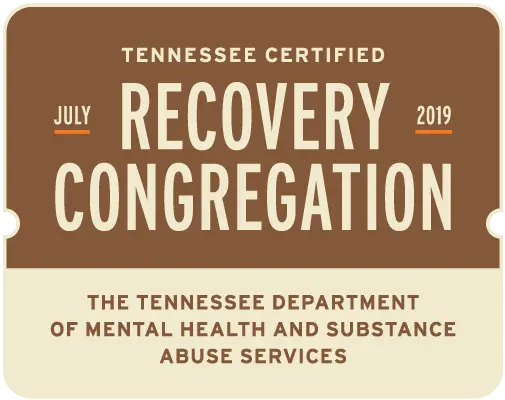According to the Transtheoretical Model of Change, there are steps that an addict will go through when attempting to achieve and maintain sobriety. The speed in which an individual move throughout these phases is extremely individualized. Research has concocted a general rule for those going through these stages: 40% in pre-contemplation, 40% in contemplation, and 20% in preparation. The order of these stages is not the same for each person. Most of the time, the movement between stages is rounded or spiral versus linear.
Often, there is stagnation within the earlier stages. Change can be scary. For those who have been masking their emotions and thoughts with opiates, alcohol, cannabis, or other illicit substances, it is difficult to face depression, guilt, fear, and even happiness. Most addicts do not want to face how their behaviors during active addiction have affected their loved ones. It seems easier to mask them.
Breaking Down These Stages
Stage one is pre-contemplation. During this phase, individuals are not yet thinking about making a change anytime in the future. They may not even be fully cognizant that they have a problem. Not-so-positive consequences or crises may not have happened yet for these people. Therefore, they may not believe that they truly have a problem regarding their substance use. Help may be needed to aid this individual in becoming aware of their current situation. Their unwillingness to change may also be due to being discouraged.
Contemplation is next in line. Once awareness of the individual’s substance use being a problem comes to light, it is easier to think of the reasons one should make an alteration. There is still some uncertainty to whether the individual truly wants to change. During this stage, substances are still being utilized, and information to aid in decision-making skills, as well as support to aid in quitting drugs and alcohol, may be needed.
Preparation happens when a person becomes aware that change would be a positive thing and that any detriments are outweighed by the benefits. Commitment becomes strengthened as self-efficacy is investigated. This individual has begun to search for the best ways to maintain sobriety.

Hard work to preserve advances is seen in the maintenance stage. Sobriety has been reached and the individual is doing everything in their power to avoid relapsing. During this stage, evaluating triggers as well as learning coping skills and boundary setting is important. Changes to one’s behaviors are essential.
Even with hard work and abstinence, some individuals may fall into the relapse phase. This is also known as the recurrence stage. Triggers are difficult to fully avoid and sometimes coping skills fall to the wayside. Often times, individuals may reach this stage multiple times before finding a fruitful recovery.
Where to Start Your Journey of Change
Whether you are searching for sobriety for the first time or after a relapse, it is important to remember that relapse does not always need to occur. Let the Discovery Place of Burns, Tennessee help you along your journey. We have trained professionals who can assist you 24/7. Call us today at 1-800-725-0922. We offer partial scholarships and information to aid in paying for our alternative treatment center, and offer a multitude of programs including, continuing care for recovery.


